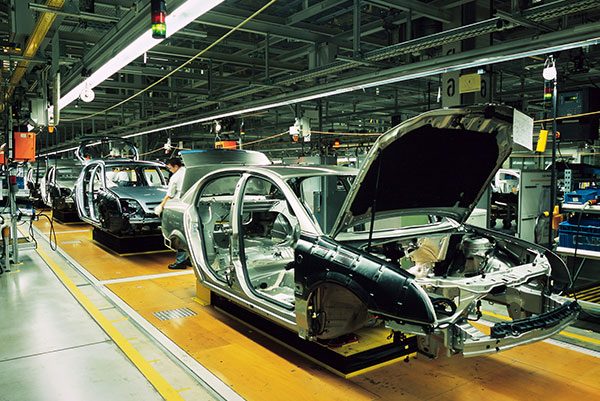EDDY CURRENT TESTING (ECT)
Eddy current (ECT)
Basic Principles:
Eddy current testing makes use of electromagnetic induction to detect and characterize surface and sub-surface flaws in conductive materials.
In its simplest form, a coil of conductive wire is excited with an alternating electrical current. This wire coil produces an alternating magnetic field around itself. The magnetic field thus generated oscillates at the same frequency as the current running through the coil. When the coil approaches a conductive material, currents opposed to the ones in the coil are induced in the material according to Lenz’s Law. These are eddy currents.
Variations in physical properties, such as electrical conductivity and magnetic permeability of the test object and the presence of defects, cause a change in eddy current and a corresponding change in phase and amplitude that can be detected by measuring the impedance changes in the coil, and be displayed on an instrument’s screen.
Eddy current inspection has a very wide range of applications. Because it is electrical in nature, it is limited to conductive material.
Advantages:
- Can detect surface and near-surface defects.
- The test probe does not need to make direct contact with the test part.
- Method can be used for more than flaw detection.
- Minimal part preparation is required.
Disadvantages:
- Method restricted to conductive materials.
- Inspection of ferromagnetic materials can be impacted by magnetic permeability.
- Depth of inspection (penetration) is limited.
- Skill and training required is more extensive than other techniques.
- Surface finish and roughness may interfere.
- Reference standards are needed for setup.




